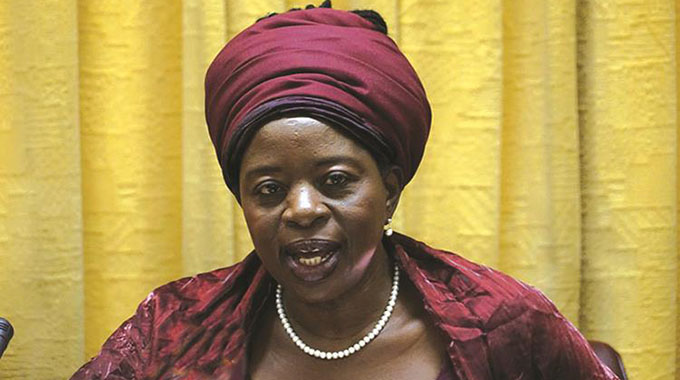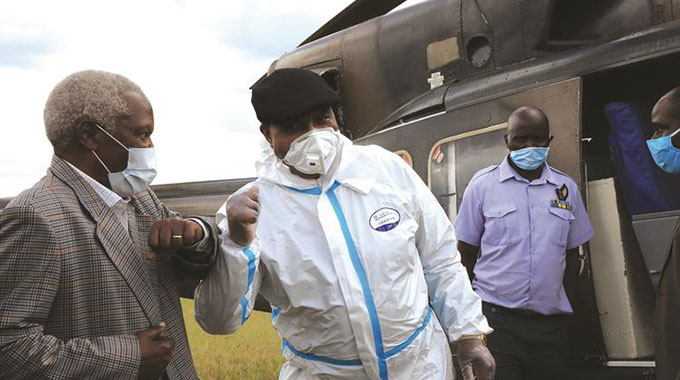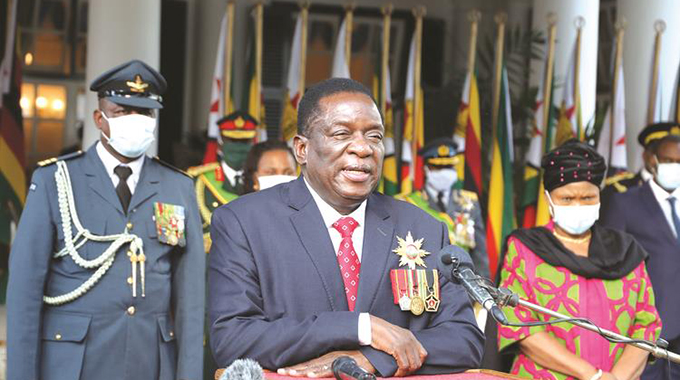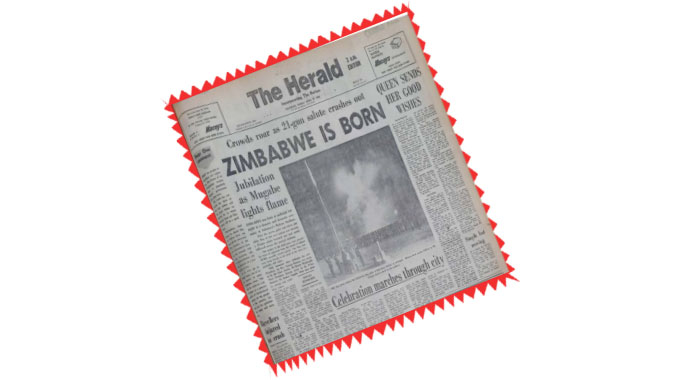Sub-standard sanitisers hit informal sector…Covid-19 confirmed cases reach 24 …Tests conducted 2 493…Deaths recorded 3

Herald Reporter
Substandard sanitisers are readily available at Mbare Musika Market, as unscrupulous dealers capitalise on the unavailability and unaffordability of authentic ones.
Industry and Commerce Minister Sekai Nzenza revealed this when she toured Mbare Fresh Produce Market in Harare yesterday and came face to face with backyard sanitisers, which are being used at the entrance into the market.
Their makers cannot have access to the major and critical ingredient, either ethanol or isopropal alcohol, although the formal and university producers in Zimbabwe now use the pure ethanol produced in large quantities in the Lowveld, primarily to blend with petrol.
While bulk sanitisers are now being made, and are becoming increasingly available to Government and corporate customers, the basic effective sanitiser, which can be made cheaply, is not available to the general public who have to either go without or spend a large sum on a product that includes extra ingredients for skin care, rather than for killing viruses and bacteria.
Zimbabwe has adopted the basic four-ingredient formula set out by the World Health Organisation with 76,7 percent of the final solution to be pure ethanol, an eighth of a percent being hydrogen peroxide and just under 1,5 percent being glycerol with pure water being used to bring the solution up to 100 percent. The alcohol is the critical ingredient rapidly dissolving the layer of fat molecules that coats the coronavirus and then destroying the strand of RNA that is the virus.
The hydrogen peroxide kills any bacteria on applicators, hands and contaminating the opened solution and the glycerol helps protect the skin of the user. These two also have the side benefit of making the sanitiser undrinkable.
Soap and water works just as well and health experts recommend soap when sanitiser is not available. Even just using the jug and basing method most Zimbabweans are familiar with when washing before meal, with two sloshes of water, one to wash with soap and one to rinse, being the only adaptation.
So far, there are 23 registered companies producing sanitisers and following formulas that work with universities now also in production..
When Minister Nzenza made the unannounced visit to Mbare Musika yesterday, she witnessed laxity on screening and use of sub-standard backyard sanitisers. Social distancing was also a huge challenge.
Some of the farmers pleaded with Minister Nzenza to look into prices of sanitisers, which they described as unaffordable.
“The challenge we have is all people now suddenly say we manufacture sanitisers yet they don’t have hydrogen peroxide and glycerine. This is why we are insisting on standards and quality to protect the consumer,” said Minister Nzenza.
“Our aim is to protect the consumer and make sure we have the right composition for sanitisers. Already we have seen a challenge here. The Consumer Protection taskforce is looking at accessibility not only to masks but sanitisers as well. Our challenge is to go and increase the production of sanitisers that are affordable and of quality and meeting SAZ standards.”
At OK Mbare, a 100ml of sanitiser was going for $97, a price that Minister Nzenza said was too high for an ordinary person. The basic sanitiser now bought in bulk by corporates is still unavailable in shops.
She said sanitiser producers assured Government that they had the capacity to produce enough quantities for the whole country.
Minister Nzenza said the production sub-committee of the Covid-19 Inter-Ministerial Taskforce was going to work on modalities that guaranteed affordable sanitisers.
As part of ensuring that people had access to basic goods, the minister checked the availability of subsidised maize meal at OK Mbare.
There was a long queue of people who wanted to buy the subsidised maize meal but the management at the supermarket said they had taken delivery of only 300 packs from National Foods. But they were expecting another consignment from Silo maize meal.
Minister Nzenza said she was happy that the food supply chain was now working.
She was also told that farmers were transporting their produce to Mbare Musika without any hassle.
Some banana farmers from Honde Valley said they spent at least a week in Mbare selling their bananas.







Comments